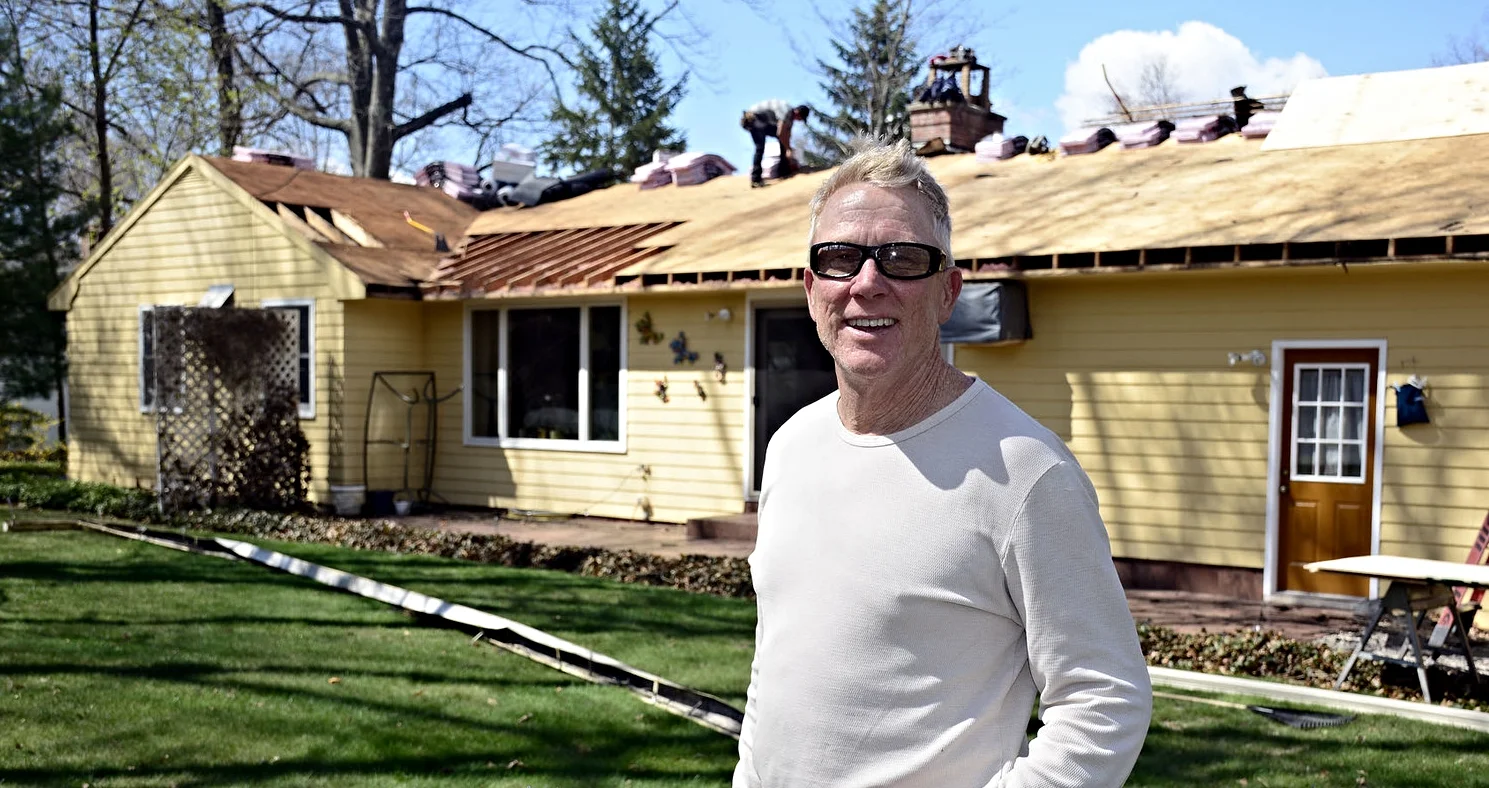Help! I Can’t Keep My House Cool
Chelsea O'Donnell
After this past weekend’s mini heatwave, I had an interesting reader question pop up in my email inbox. She asked:
“Dear Bob, we live in a Cape Cod style home. This past weekend when the temperature reached almost 90 degrees, our second floor became unbearably hot. The second floor gets incredibly cold in the winter too. What can we do to help regulate the temperature so it doesn’t change with the seasons? - Nancy M., Bristol
Nancy, you’re not alone. This is a common problem in Cape Cod style homes that were built in the 1950s and 1960s. Back then, building codes were much more relaxed and energy efficiency was unheard of, so homes were built with very little insulation or ventilation.
What’s happening in your case is that the outside weather is coming in because there isn’t enough insulation to protect your home. To be even more specific, hot air is getting stuck in the attic and seeping down into the second floor because there is no ventilation to let it out. What’s worse is that the moisture in the air is also getting trapped; giving you a potential mold exposure problem that can easily go right from your attic into your lungs.
So what do you do? First, take advantage of a free insulation inspection from a local area remodeler to see how much insulation you actually have. If you haven’t had the house insulated since it was built, I can guarantee you don’t have enough. If you’ve recently bought your home, now is the time to pay close attention.
Today, we measure insulation by its “R-Value” and the higher the R-Value, the better the insulating properties. In the 1960’s, R-Value wasn’t a popular unit of measurement and instead, most insulation was measured by its thickness in inches. To give you an example, if a typical 1960’s home was insulated at all, it was probably fitted with an R-10 value, which equates to a little over three inches of thickness. The recommended R-Value for Connecticut’s climate according to EnergyStar today is between R-49 and R-60 for an uninsulated attic and between R-38 and R-49 for a home with a few inches of pre-existing insulation. So as you can see, times they are changing.
If your house is the victim of extreme temperature changes, the easiest and best way to regulate it is to build that barrier of protection. A professional can tell you how much insulation you need and can also perform an assessment to see if any mold has formed in the attic and walls. It’s key to remember that adding insulation will change the way your home breathes, so make sure it is fitted with proper ventilation to allow for appropriate airflow. If you just experienced a cold and expensive winter in your home, this is a project to tackle now to stay comfortable all year long.
Bob O’Donnell is the owner of O’Donnell Bros. Inc., a Bristol-based home improvement company established in 1975. Email your questions for Bob to info@odonnellbros.com with the subject line “Ask the Pro.” All questions may be considered for publication. To contact Bob for your remodeling needs, call O’Donnell Bros. Inc. at (860) 589-5155 or visit http://www.odonnellbros.com. Advice is for guidance only.
